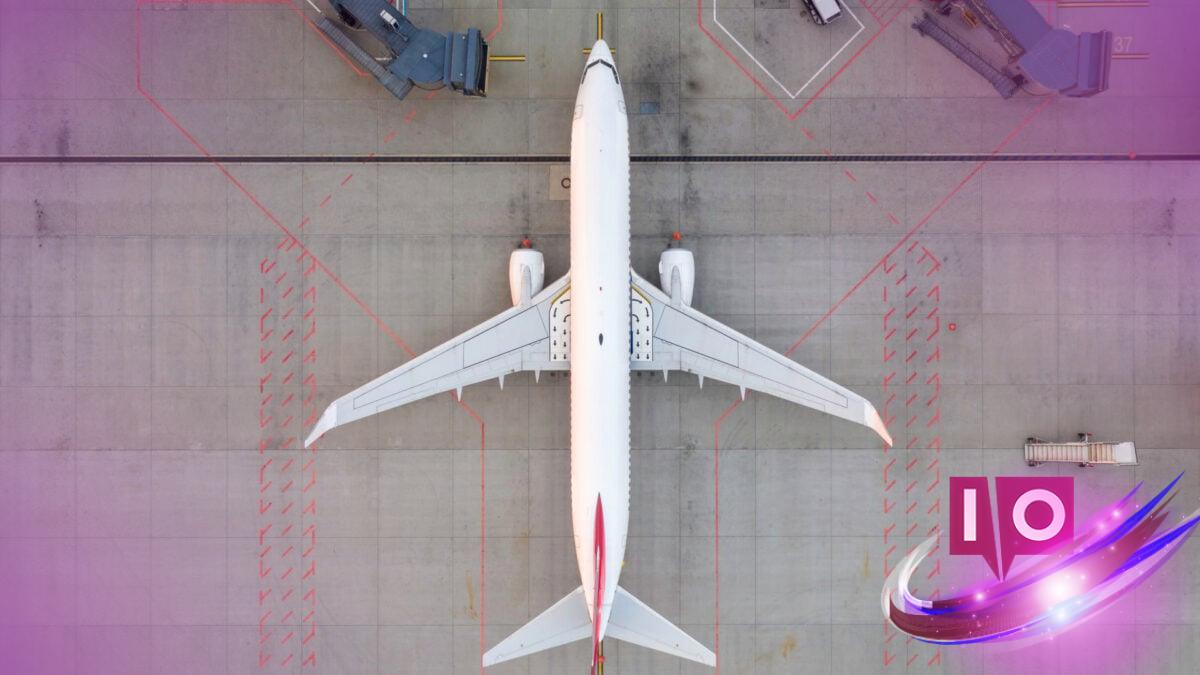The stress and responsibility of air traffic controllers are at an all-time high, especially amidst the current U.S. government shutdown. As these dedicated professionals work tirelessly to ensure our skies remain safe and efficient, the situation is becoming increasingly dire.
Recently, the government shutdown began on Wednesday and extended into Thursday, coinciding with Yom Kippur, causing further delays in legislative discussions.
While thousands at the Federal Aviation Administration (FAA) face furloughs, air traffic controllers remain on the job. Thankfully, field training and hiring for new controllers will proceed unaffected, as outlined in the Department of Transportation’s contingency plan.
Essential personnel, including over 13,000 air traffic controllers, are mandated to continue working even without pay during the shutdown under the “protection of life and property” exception. This adds to the mounting pressure they already face, as noted by Nick Daniels, President of the National Air Traffic Controllers Association (NATCA).
Currently, air traffic controllers are mandated to work extensive hours—10-hour shifts, six days a week. “The increased stress and fatigue that comes from working long hours without pay cannot be overstated,” Daniels emphasized in a recent press statement.
Adding to their challenges, controllers are now also working without critical support staff, with over 2,350 aviation safety professionals furloughed due to the shutdown. NATCA stated, “Government shutdowns reduce the safety and efficiency of the National Airspace System (NAS), eroding the layers of safety essential for public travel.” The toll on the controllers and the public feels increasingly significant.
In a proactive move, Democratic representatives Steve Cohen and André Carson introduced the Aviation Funding Stability Act last month, which aims to ensure essential FAA employees, including controllers, would continue to be paid for 30 days during a shutdown. However, this proposal has yet to see a vote.
While the initial impact on controllers has been limited since they are scheduled for biweekly pay, the uncertainty looms large. The next payday falls on October 10, but the question remains—how long will the shutdown last?
Senate Majority Leader John Thune indicated that a weekend vote on the issue is unlikely, which could see the shutdown prolonging into next week. Currently, disagreements between Democrats advocating for healthcare provisions and Republican opposition complicate the potential resolution.
This isn’t the first time we’ve seen the airline industry affected by a government shutdown. The previous notable instance during Trump’s administration lasted 35 days and resulted in significant disruptions after air traffic controllers called in sick, leading to grounded flights across major airports.
The Ongoing Crisis: Staffing Shortages and Compounding Stress
The looming government shutdown highlights a pressing issue: the ongoing shortage of air traffic controllers has led to numerous flight delays and increased anxiety for travelers.
Just earlier this year, Daniels noted to CNBC that staffing levels among air traffic controllers are at their “all-time low.” He warned that any disruptions, such as a government shutdown, would severely impact the flying public’s capacity and safety.
This shortage has not only persisted but has grown more noticeable amid a flurry of alarming incidents, including a tragic mid-air collision in Washington, D.C. that resulted in 67 fatalities. Additionally, a communications blackout at Newark Airport left air traffic controllers without contact with pivotal flights for about 90 seconds, raising major alarm bells.
While these recent crises did not originate with the controllers themselves, they have escalated concerns about overall air travel safety, leaving both air traffic workers and travelers feeling increasingly uneasy.
How does a government shutdown impact air travel safety? During a shutdown, essential safety personnel may be furloughed, impairing the overall airport operation and increasing risks.
What has been the historical impact of past government shutdowns on air traffic control? Previous shutdowns have resulted in significant disruptions, including staff shortages and operational inefficiencies leading to flight cancellations and delays.
What measures are in place to ensure air traffic controllers receive pay during a shutdown? Proposals like the Aviation Funding Stability Act aim to secure continued pay for controllers; however, these legislative efforts must pass through Congress to take effect.
As we continue to monitor the situation, the safety of air travel hangs in the balance. It’s a critical time for our nation’s air traffic controllers, who are committed to safeguarding our skies amid unprecedented challenges.
For more insight and updates on the air travel industry and related topics, feel free to explore additional content on Moyens I/O.
